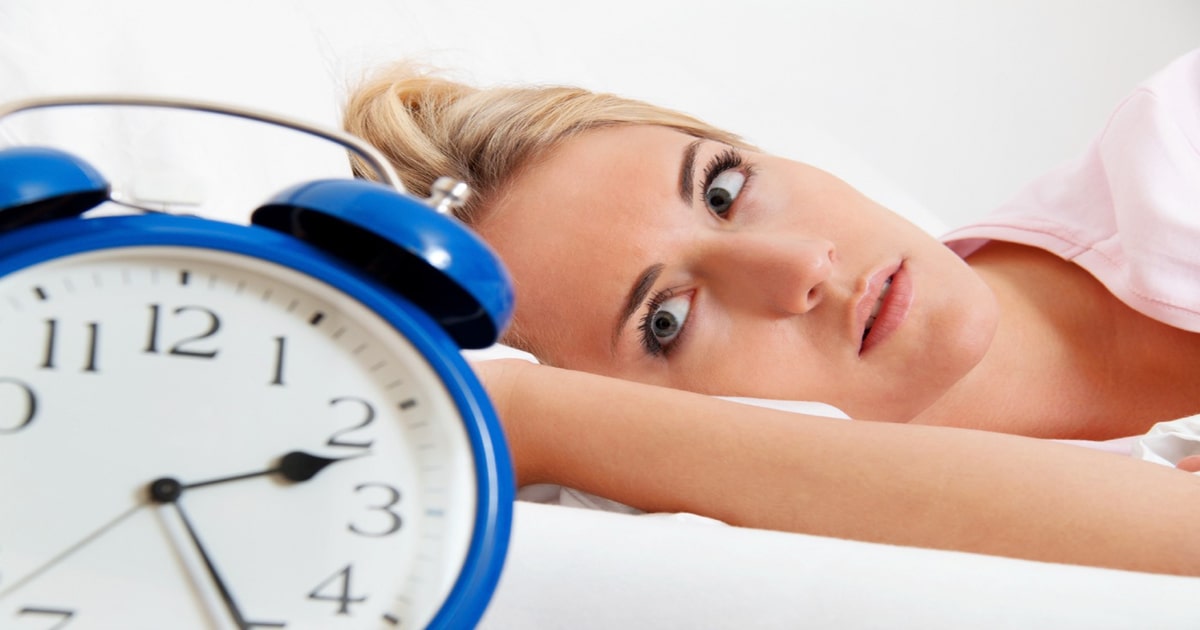The arrival of autumn means shorter days, changes in the leaves, and a sign of change in the human body and lifestyle. Whether it’s dry skin or thinning hair, our bodies certainly experience some normal effects that can be scientifically explained during this time of year.
It goes without saying that these changes vary from person to person. We investigated and found out what happens to our bodies in the fall. Each reaction has an explanation, so keep scrolling for more information.
What Autumn Does To Your Body
Your Skin May Start Feeling Dry
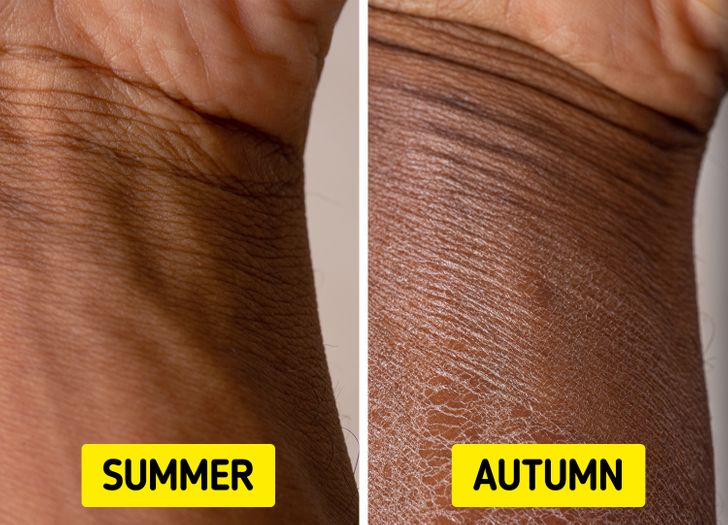
One of the biggest impacts of autumn on our bodies is the dryness of the skin. Dermatologists have shown that each seasonal temperature change acts as a shock to the system, altering the typical chemical balance of our skin and causing dryness. The arrival of autumn is no exception.
Quick Tip: Keep your skin hydrated by drinking water and eating foods high in water content. Don’t forget to use moisturizers too.
Your Hair Could Lose Its Quality And Fall Out
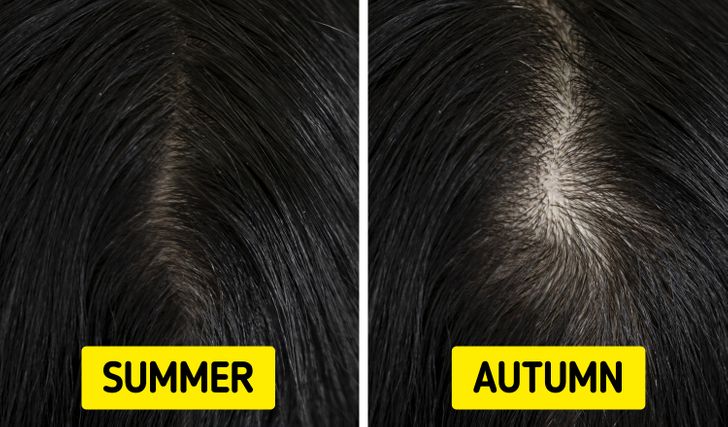
This is particularly common, and while some people start to freak out, thinking they might go completely bald, some believe it is extremely normal during this season.
The reason for fall hair loss is “evolutionary surplus.” This means that we need more hair during the summer to protect our scalp from UV rays, but when the protection is no longer needed, the hair begins to fall out.
Quick tip: to keep hair healthy during fall, we must keep it hydrated, avoid hot water and massage the scalp regularly.
You May Sleep Longer Than Usual
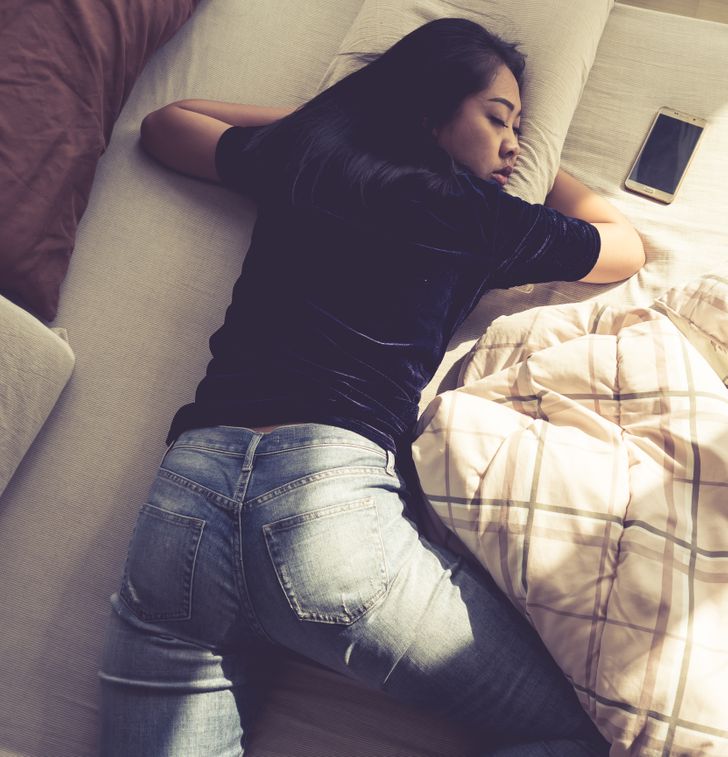
During the fall, you may notice that you tend to sleep more than before, and there is an explanation for this. In fact, reducing the amount of daylight in the fall influences the body’s sleep-wake cycle. The less exposure to light during the day, the more tired and fatigued you will feel.
Quick tip: there’s not much you can do about it. On the contrary, try to enjoy the sun whenever you can and get as much rest as you can; it certainly won’t hurt you.
You Consume More Energy-dense Foods

Autumn signals the end of summer and the arrival of winter, so our brain sends signals to our body to increase its resistance to insulin.
Our bodies increase fat production and we begin to store fat so we can prepare for winter and survive colder temperatures.
So just as the weather starts to get a little cooler, we start craving ingredients that are high in carbs and fat.
Quick Tip: The best thing to do is to stay active as much as you can and monitor what you consume regularly to avoid health problems.
If You Suffer From Anxiety, You May Experience A Spike In Symptoms

The transition from summer to fall can affect our mood and well-being; It’s called seasonal affective disorder (SAD). During the fall, anxiety can escalate due to the start of a new school year, the impending stress of the Christmas season, or possible regret for not achieving desired goals during the summer, according to experts.
Quick Tip: If you start to feel unwell during this season, try participating in outdoor activities and enjoy the sun as much as possible. Vitamin D plays an important role in regulating mood and fighting depression.
Autumn Sunshine Could Damage Your Eyes
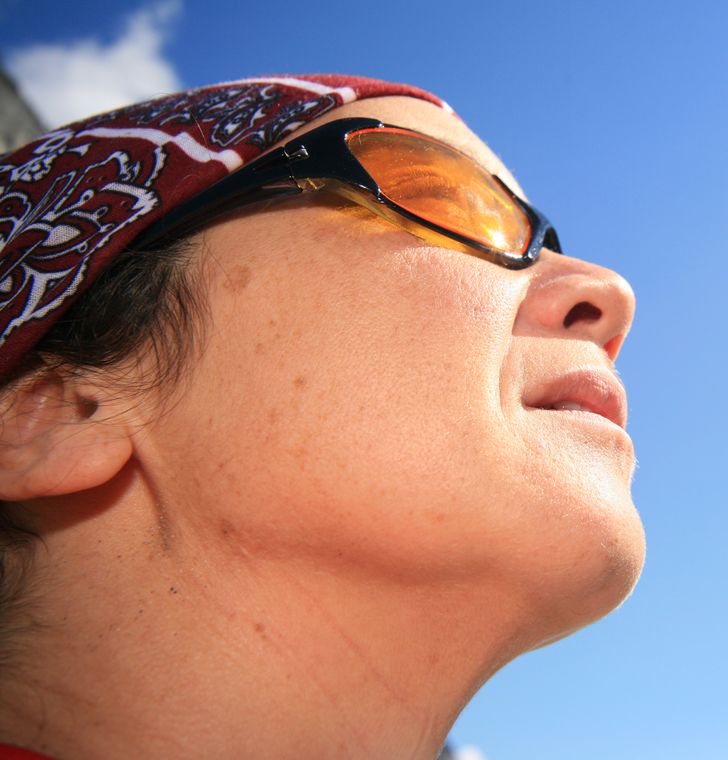
Unprotected sun exposure during the fall can pose a real danger to our eyes, according to research. The arrival of this season brings little light and sun, which increases the total amount of ultraviolet radiation to which our eyes are exposed.
And exposure can cause serious eye problems, like photokeratitis.
Quick tip: protect your eyes with sunglasses before heading out the door. You can also add protection by wearing a hat, cap, or visor.
Do you feel these effects on your body during the fall? What else did you notice that was not on this list?
Preview photo credit depositphotos.com
